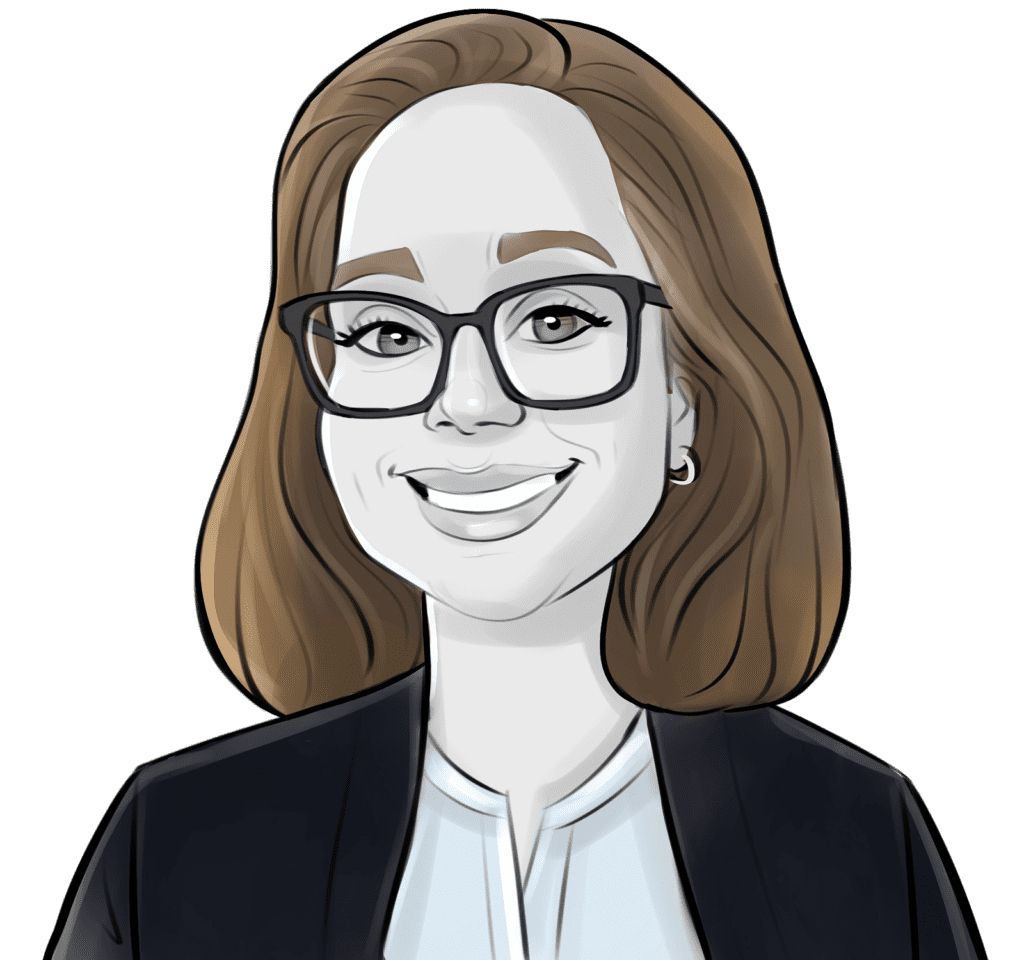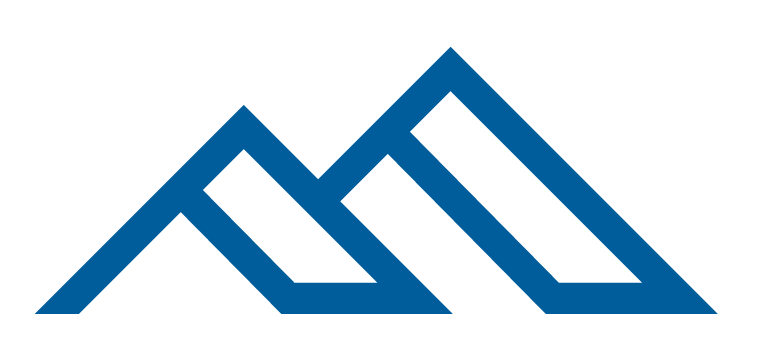I Wish I Had Known: Molly Twigg

Molly Twigg is a veteran FDD professional who worked at EY for a decade. In addition to being a Deal Guide with Private Equity Primer, she remains active in Financial Due Diligence (FDD) working for a boutique Transaction Advisory Services (TAS) practice. Molly is thoughtful about the numbers and thinks critically about the client perspective in how to add value in a report or databook. We sat down with Molly to gather her thoughts on navigating a career in FDD.
Deal Guide: What advice do you have for managing or working with offshore resources?
Molly: Communicate, communicate, communicate! I know this is something we cover in FDD Fundamentals and FDD Associate Capstone. I think we often underestimate the level of detail needed to explain to someone else how we are thinking through an analysis or task that needs to get done, especially for more complex, or ad-hoc analyses. A lot gets lost in translation when we rely only on written emails/pings/etc. to communicate what we want. Getting on the phone with offshore resources to explain in detail what we want, when we want it, and even sketching out analyses for illustrative purposes goes a long way in ensuring that what we asked for is what we receive back. Talking live also gives an opportunity for offshore resources to ask any clarifying questions upfront, versus finding out when we wake up in the morning that work was not done because there were gating questions that went unanswered.
Deal Guide: Without going into confidential specifics, what’s the trickiest accounting red flag you’ve had to explain to a client? How did you go about explain it?
Molly: I have worked on a few different “buy-to-rent” businesses where the company purchases an asset and then rents that asset out to customers. These types of businesses have almost no EBITDA cost of sales because the largest component of cost of sales is depreciation on the rental asset which is an EBITDA addback. It’s critical to look at these businesses from a free cash flow perspective because the capex associated with purchasing the rental assets is a huge operational cash outflow, but I have had some clients get tripped up on the presentation of the P&L, cost of sales, and EBITDA and the related cash flow and accounting implications. I find the best way to explain this to clients is to (i) show the free cash flow walk to prove that no matter how you present the P&L, cash flows are the same and (ii) reference what other similar (sometimes publicly traded) businesses do as a benchmark.
Deal Guide: How do you handle difficult or uncooperative management teams during diligence?
Molly: I always try to lead with gratitude and acknowledgment. I acknowledge that the management team has multiple competing priorities and that they have a full-time day job in addition to responding to our data requests and questions. I always thank management for providing what they have to date which is simple but goes a long way in building rapport. Some less-sophisticated management teams can be uncooperative because they don’t understand why we are asking for certain data/requests. Understanding yourself why we ask for certain requests, and being able to explain in Leyman’s terms the ultimate use of that data/request for our client and in the broader deal, is helpful in bridging that gap.
Deal Guide: People often speak about the role of mentors in growing in their career. We often think of active mentorship where two people have agreed to engage in this sort of coaching relationship. However, many times, mentorship is ad hoc or something you observe others doing. What are some examples of ad hoc, observed, or informal mentorship that have helped you in your career?
Molly: Every partner on a deal I’ve worked on in my career has served as a mentor to me even if not a “formal” mentorship arrangement. I always tune in to how partners I work with conduct themselves on calls, communicate with clients, think through deal issues, and present deal issues. I recommend people do this at every level in their career as its a huge learning tool to improving your own technical and soft skills. Many times we are asked questions by clients or other stakeholders that we are unsure of how to answer or not as experienced in answering (i.e., purchase agreements, deal structuring, fee communications, etc.) and I always look to my partners to see how they answer these questions and make an informal, mental note for myself for the future.
Deal Guide: What did you wish you knew earlier in your career?
Molly: I wish earlier on in my career I had enough perspective to know that our careers are not our entire lives – it’s important to work hard and want to improve and give your best effort, but our careers shouldn’t define our identity and lives. Gaining that perspective later on in my career has actually helped me become a better a professional because I try to only focus on and work hard on things that are actually important/value driving to my teams and clients, versus working a ton just for the sake of saying that I worked a ton. I also think that with perspective I have better clarity-of-mind to think through and analyze key deal issues versus early on when I often was a wound-up ball of nerves which wasn’t conducive to thinking clearly or critically 🙂
